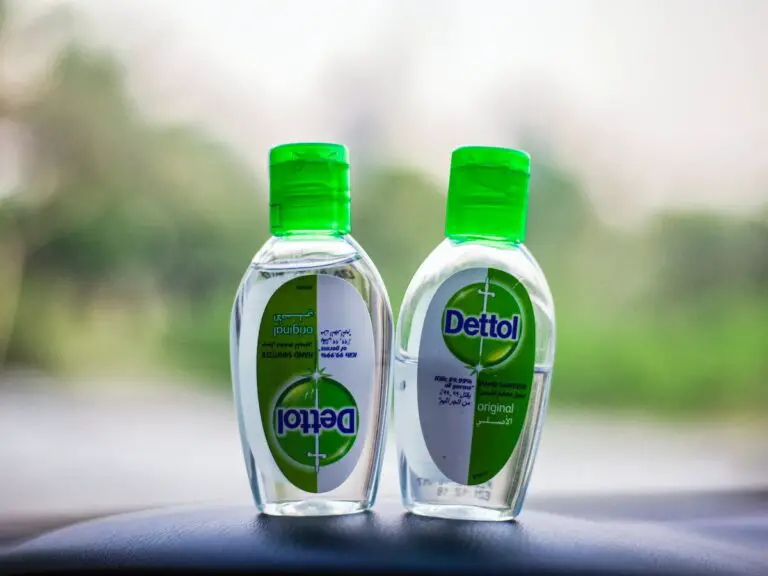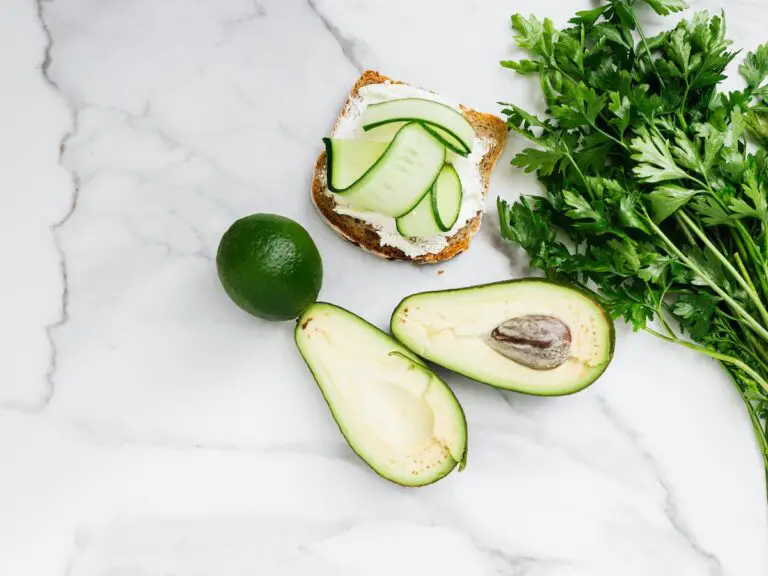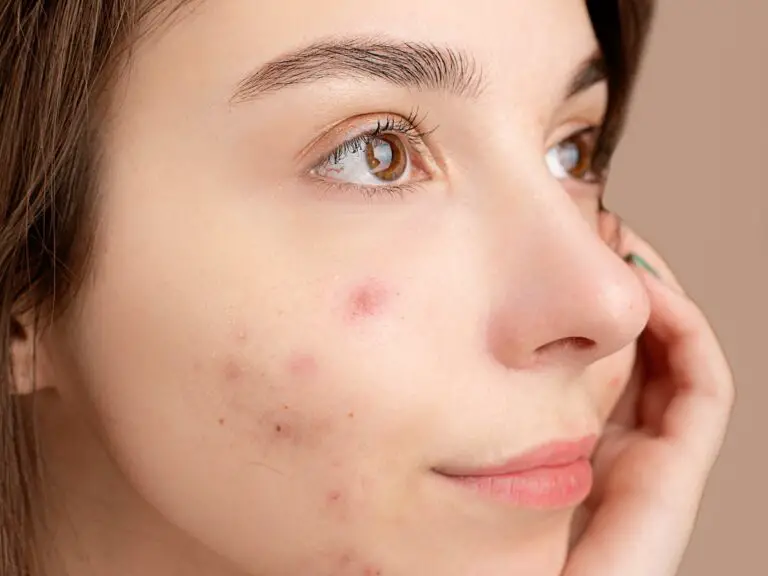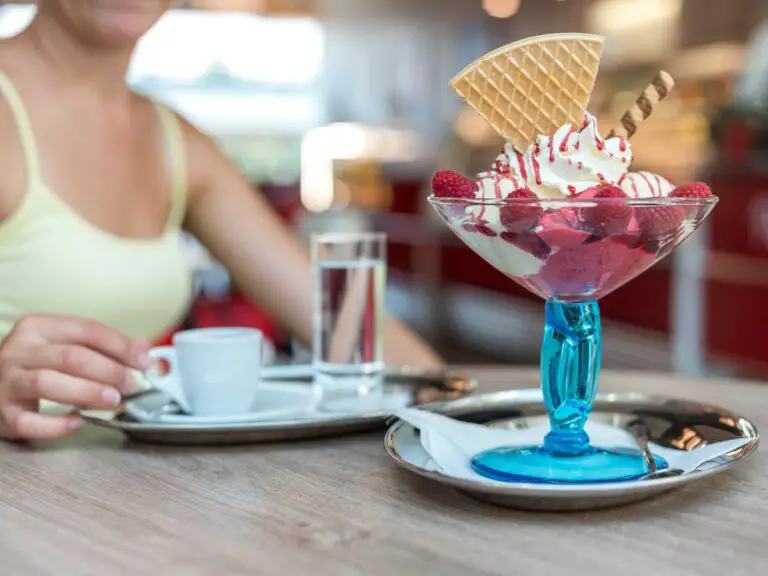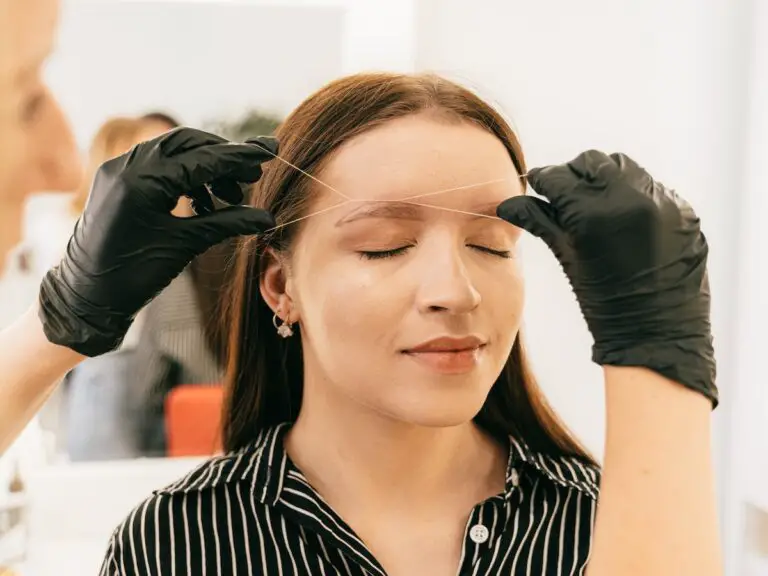Can Eating Bananas Cause Acne Breakouts? Let’s Find Out
Do you wonder if your favorite food, the banana, might be to blame?
Well, there are many different ideas on the Internet about whether or not eating bananas can cause acne. In this piece, we’ll look into this topic and figure out what’s true and what’s not. Bananas are a famous and healthy fruit full of important vitamins and minerals, but could they make it harder for you to get clear skin? We’ll look at scientific studies and the views of experts to see if there might be a link between bananas and acne.
So, if you want to know if your favorite fruit, bananas, is good or bad for your face, keep reading. It’s time to find out what’s happening and end the banana-acne lie for good.
Table of Contents
Myth Behind Bananas Causing Acne
Rumors have been going around for years that eating bananas can worsen acne, but is there any basis for this belief? To debunk this urban legend, we must examine several factors that may cause acne. Acne is a difficult skin problem with many causes, such as hormones, inheritance, and lifestyle choices. Even while diet is frequently thought to be a factor in acne, the connection between bananas and skin condition is unknown.
Potential Triggers for Acne
Let’s get a basic understanding of the probable acne triggers before we delve further into the connection between bananas and acne. Acne occurs when hair follicles become blocked by sebum and dead skin cells. This can result in the development of acne, including comedones, blackheads, and whiteheads. Changes in hormone levels, such as those that occur during puberty or menstruation, can cause an increase in oil production, which in turn makes the skin more susceptible to acne. A number of other things can play a role in the development of acne, including stress, poor skincare habits, and certain drugs.
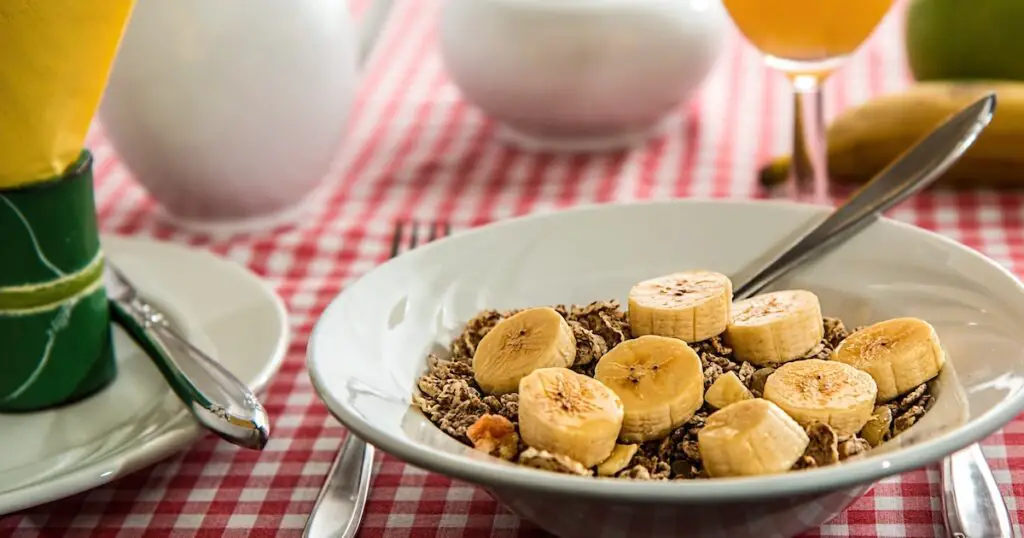
Nutritional Contents of Bananas
The health benefits of bananas are frequently cited as a reason to eat them. They include many essential nutrients such as potassium, vitamin C, B6, and dietary fiber. These nutrients are extremely important to maintaining one’s general health and well-being. Nevertheless, when it comes to acne, it is essential to consider the effect that particular nutrients have on the skin’s health. Certain industry professionals are of the opinion that foods with a high glycemic index, such as bananas, can potentially cause acne by elevating insulin levels and causing inflammation in the body. On the other hand, additional research is required to demonstrate a direct link between bananas and acne.
Research Studies on Bananas Causing Acne
Several studies have looked at the link between what you eat and acne. Some studies have discovered a possible link between acne and meals with a high glycemic index, such as bananas, although the evidence is still lacking. A study released in the Journal of the Academy of Nutrition and Dietetics found that a diet with a low glycemic load might help acne. But bananas were not the main focus of this study. In another study published in the Journal of the American Academy of Dermatology, there was no clear link between what you eat and getting acne. These different results show that more study needs to be done in this area.
Other Factors to Consider in Acne
It is essential to remember that acne is a disorder caused by a combination of factors and that nutrition is simply one of those factors. In addition to hormonal imbalances, factors such as heredity and the use of certain skincare products also play a crucial part in the development of acne. Acne can be made worse by factors such as stress, inadequate sleep, and exposure to contaminants in the environment. Because of this, it is necessary to take a holistic approach to managing acne and not just concentrate on dietary issues.
Expert Opinions on the Banana-Acne Connection
Regarding the link between bananas and acne, experts have different ideas. Some think foods with a high glycemic index, like bananas, can worsen acne. They say these things can cause insulin levels to rise, making the body make more oil and causing inflammation. On the other hand, some experts say that food has different effects on acne in different people. They stress the importance of a personalized approach and say that giving up certain things, like bananas, might not be necessary for everyone.
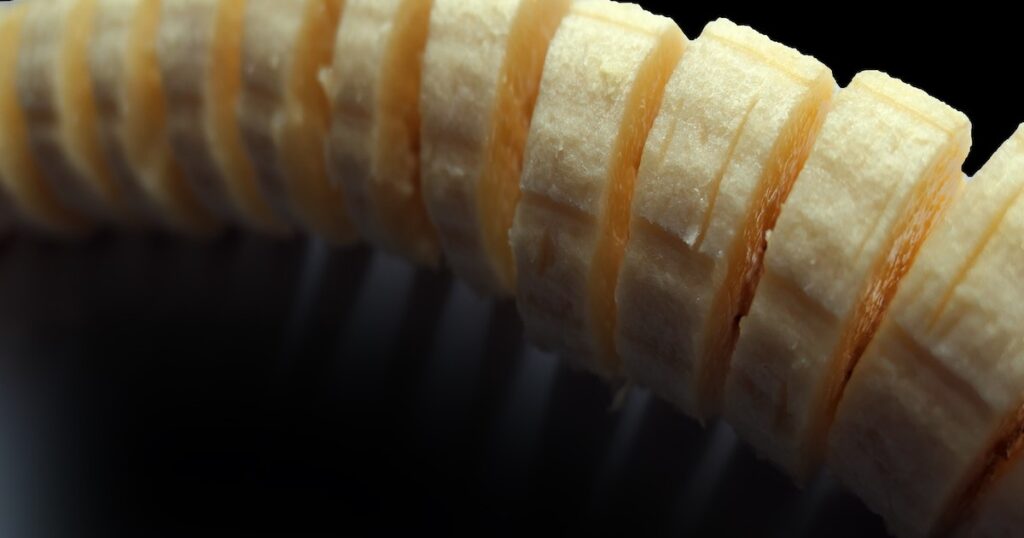
Tips for Managing Acne-Prone Skin
Whether or not bananas cause acne directly, there are several things you can do to help your face. Here are some things you can do to keep your face clear and healthy:
- Stick to a regular skincare routine: Clean your face twice a day, clean it often, and use lotion to keep your skin from drying out.
- Don’t touch your face: Touching your face can spread bacteria and oils to your skin, which could clog your pores and cause acne.
- Be mindful of your diet: It’s unclear if bananas cause acne, but eating a balanced diet with lots of fruits, veggies, lean proteins, and whole grains can help your skin.
- Manage stress levels: Stress can worsen acne symptoms, so it’s important to find healthy ways to deal with stress, like exercise, meditation, or hobbies, if you want to keep your face clear.
- See a doctor: If you have acne that keeps returning, it’s best to get professional help. A dermatologist can give you individualized information and suggest the best treatments.
Healthy Alternatives to Bananas for Acne-Prone Skin
There are a lot of other nutrient-dense fruits you may eat instead of bananas if you think they might be making your acne worse; you can include them in your diet. Fruits with a low glycemic index, such as apples, berries, and cherries, should be your first choice. These fruits have a lesser effect on the levels of sugar in the blood and may be preferable for people who are prone to acne because of their complexion. In addition, eating foods like oranges and kiwis that are high in antioxidants can help promote healthy skin and reduce inflammation.
Conclusion
In the end, the idea that eating bananas can give you acne is still a myth. Some studies show that high glycemic index foods, like bananas, might be linked to acne, but more research is needed to prove a direct link. Acne is caused by many different things, like hormones, genes, lifestyle choices, and how you take care of your face. Managing acne in a whole-person way, such as by eating well, following a skincare routine, and reducing stress, can help you keep your face clear and healthy. If you’re worried about acne, you should always talk to a dermatologist for personalized advice and treatment choices.
FAQs
Eating bananas can positively affect the skin due to their high content of vitamins and minerals, which can help promote healthy skin. However, some individuals may be sensitive or allergic to bananas, and in rare cases, it could trigger acne or other skin reactions. It’s important to listen to your body and observe any personal reactions when consuming bananas or other food.
Bananas can benefit the skin due to their high content of vitamins, minerals, and antioxidants. They can help hydrate the skin, improve its elasticity, and provide nutrients for a healthy complexion. However, it’s important to note that individual reactions may vary, and in rare cases, some people may be sensitive to bananas and experience skin issues. It’s best to observe how your skin responds and adjust your diet accordingly.
Bananas can be enjoyed daily as they provide a good energy source and essential nutrients. They can be a convenient and healthy snack, whether eaten in the morning for breakfast, as a midday pick-me-up or as a pre or post-workout snack. The best time to eat a banana is based on personal preference and individual dietary needs.
When consuming bananas, avoiding excessive consumption is generally recommended if you have a specific sensitivity or allergy to bananas. Additionally, individuals with acne-prone skin may want to limit their intake of high-glycemic index foods, including ripe bananas, as they could sometimes contribute to acne flare-ups. It’s important to maintain a balanced diet and listen to your body’s needs when it comes to including bananas or any other food.
Eating a banana on an empty stomach may cause digestive discomfort for some individuals due to its high fiber content. However, no direct evidence suggests that eating a banana on an empty stomach specifically leads to acne. It’s important to listen to your body and consume bananas or any other food in a way that suits your individual digestive needs and preferences.
Disclaimer: This article is for educational purposes only, and does not substitute any direct medical advice. Always consult a qualified healthcare professional for personalized advice before trying new treatments or medications.

General Physician
Senior Medical Writer


